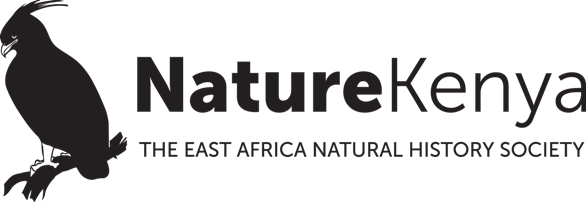The conservation agenda has existed for many years now, though approaches used to reach targets have varied over time. One such approach is linking biodiversity conservation to livelihoods. This approach is based on the premise that biodiversity conservation and sustainable natural resource use are directly linked to people’s rights to secure their livelihoods and live in dignity.
The existence of Dakatcha Woodland, one of Kenya’s Important Bird and Biodiversity Areas (IBAs), has been under threat from unsustainable economic activities. These activities, such as charcoal burning, clearing of land for agriculture and extraction of wood products, have significantly contributed to the depletion of forest cover.
To reverse this worrying trend, Nature Kenya has been implementing a number of activities aimed at reducing the community’s over dependence on forest products for livelihood. In this respect two value chains: chicken rearing and farm forestry, are being promoted in Dakatcha Woodland as a way of integrating livelihoods into conservation.
Chicken farming was identified to facilitate gender mainstreaming into biodiversity conservation. Women’s participation in conservation activities is usually much lower compared to that of men and this was one of the considerations made in identifying an initiative that would also bring women onboard. In the Giriama community, chicken rearing is a preserve for women thus the initiative was warmly received by local women as it gave them an opportunity to actively engage in conservation efforts.
Four community groups are currently involved in chicken rearing in the area. The initiative has also improved the local chicken breed through inter-breeding with the improved “KARI Kienyeji” cockerels. Each of the four groups received three improved cockerels with members providing hens to be kept at a centralized site identified by the groups. The groups have also been linked
to the livestock production office where they get extension advice whenever necessary. So far 66 hens have cross bred with the improved “KARI Kienyeji” cockerels with the first generation of the improved chicks being hatched. Chicks fathered by the improved cockerels mature faster and are bigger in size as compared to the traditional local breed. A mature hen sells at between Kenya shillings 500 – 700 while a cockerel goes for between Kenya shillings 1,000 – 1,500.
In the long run this chicken rearing activity is expected to improve the chicken breeds and therefore allow the farmers to earn good income from sale of chicken for improved livelihoods in conservation.
The chicken rearing activity is being carried out under the “Integrating Livelihoods and Conservation – People Partner with Nature for Sustainable Living” program. The program aims at enhancing participatory forest management and contributing towards improving livelihoods of the community in order to reduce pressure on forested IBAs. The program is being undertaken by Nature Kenya in partnership with DOF – the BirdLife Partner in Denmark with funding from the Danish International Development Agency (DANIDA) through CISU (Civil Society in Development).
The program is also promoting farm forestry in Dakatcha, with a total of 53,070 seedlings being produced during the current long rains season. The tree seedlings are valued at Kenya shillings 1,061,400 at the current market price.
